Introduction
LiFePO4 batteries, also known as lithium iron phosphate or LFP batteries, are revolutionizing the battery market with their unique properties. Unlike traditional lithium-ion batteries that often rely on more volatile materials like lithium cobalt oxide, LiFePO4 batteries are made from lithium iron phosphate, offering excellent thermal and chemical stability. This fundamental difference makes them safer and more durable, which is crucial for applications where battery failure can pose significant risks.
As Europe continues to move towards renewable energy and sustainable practices, the demand for reliable and efficient energy storage solutions becomes paramount. LiFePO4 batteries are emerging as a cornerstone technology in this transition due to their ability to store and deliver power more efficiently and safely. Their role extends beyond mere energy storage; they are integral in helping to stabilize the grid, manage peak loads, and integrate renewable sources like solar and wind power seamlessly into the energy system.
Understanding LiFePO4 Batteries
What are LiFePO4 Batteries?
Composition and Basic Chemistry
LiFePO4 batteries are characterized by using lithium iron phosphate as the cathode material, significantly enhancing their stability and safety profile. This chemistry not only provides strong resistance to overheating but also ensures a much lower risk of catching fire compared to batteries made with other lithium-based chemistries. This makes them particularly suitable for high-demand applications in both consumer electronics and large-scale energy storage.
Comparison with Lithium Ion Batteries
LiFePO4 batteries distinguish themselves from traditional lithium-ion counterparts by offering greater thermal and chemical stability, which increases safety. This is especially important in applications with paramount safety concerns, such as electric vehicles and portable electronic devices. Moreover, while they provide a slightly lower energy density than some lithium-ion batteries, their longevity and stability often compensate for this difference, making them a more sustainable choice in the long run.
Critical Properties of LiFePO4 Batteries
Despite their safer composition, LiFePO4 batteries excel in performance metrics as well. They provide a high energy density, which is crucial for maintaining power output over extended periods. This high energy density makes them ideal for use in settings where long-term reliability and minimal maintenance are necessary, such as in renewable energy installations and backup power systems.
These batteries also feature excellent electrical conductivity, allowing quicker charging and discharging than other battery types. This capability, coupled with their inherent stability, makes them highly effective in various demanding applications. Their robustness ensures consistent performance across various temperatures and operational conditions, making them essential for consumer electronics and large-scale industrial applications.
Advantages of LiFePO4 Batteries
Longevity and Life Cycle Benefits
One of the most significant advantages of LiFePO4 batteries is their extended lifecycle. These batteries typically endure thousands of charge and discharge cycles before exhibiting notable degradation. This longevity reduces the frequency of replacements and diminishes the associated environmental and economic costs. This can translate into substantial long-term savings and sustainability benefits for large-scale applications like electric vehicles and energy storage systems.
The economic implications of using LiFePO4 batteries are profound. Over their lifecycle, these batteries often offer a cost per cycle significantly lower than traditional lead-acid or other lithium-based batteries. This cost-effectiveness is significant in larger systems where the initial investment in battery technology can be substantial. Reducing maintenance and replacement costs makes LiFePO4 batteries an economically attractive option for businesses and consumers.

Safety and Stability
Safety is paramount in any battery technology, and LiFePO4 batteries excel. Their chemical structure significantly reduces the risk of thermal runaway, a common issue in other lithium batteries that can lead to fires or explosions. This safety feature makes LiFePO4 batteries ideal for high-risk applications such as electric vehicles and portable medical devices.
The inherent stability of LiFePO4 batteries also contributes to their widespread adoption in safety-critical applications. In electronic devices and electric vehicles, these batteries reduce the risk of malfunction and enhance overall device reliability. This reliability is crucial for consumer confidence and is integral to the broader acceptance and success of electric vehicles and other battery-dependent technologies.
LiFePO4 Batteries in Various Applications
Mobile and Wearable Devices
Enhanced Battery Life for Wearable Devices
In the world of wearable technology, battery life is a critical factor that affects user experience and device functionality. LiFePO4 batteries, with their ability to maintain stable performance and high energy output over long periods, are ideally suited for powering these devices. Users of wearable technologies benefit from longer usage times between charges, enhancing the practicality and appeal of these gadgets.
Impact on Portability and Usability
Furthermore, the compact and lightweight nature of LiFePO4 batteries significantly enhances the portability of wearable devices. Their robustness allows manufacturers to design slimmer, more user-friendly products without compromising on power capacity or safety. This integration of portability with high performance is pivotal in the expanding market for personal electronics and wearable devices.
Electric Vehicles
Adopting LiFePO4 battery technology will immensely benefit the electric vehicle (EV) sector. These batteries provide a safer and more stable energy source and contribute to EVs' overall efficiency and performance. Their resilience to frequent charging and temperature fluctuations makes them ideal for use in electric vehicles, where reliability and safety are critical.
Moreover, by enhancing the performance and adoption of electric vehicles, LiFePO4 batteries play a vital role in reducing vehicular emissions. This contribution is crucial in meeting Europe's stringent environmental targets and promoting a sustainable transportation infrastructure. The widespread use of EVs powered by LiFePO4 batteries could significantly decrease urban pollution and greenhouse gas emissions.
Renewable Energy Systems
LiFePO4 batteries are particularly effective in solar energy systems that store intermittent solar power and provide a stable energy supply during cloudy periods or at night. Their ability to quickly charge and discharge makes them ideal for balancing load and supply, thus enhancing the overall efficiency of solar energy systems.

Their high energy density and stability also play a crucial role in enhancing grid stability. As Europe continues to invest in renewable energy, the demand for practical energy storage solutions that can accommodate the variable output of renewable sources is critical. LiFePO4 batteries meet these needs by providing reliable and efficient storage solutions that support a stable and resilient energy grid.
Economic and Environmental Impact in Europe
Cost Efficiency
Compared with traditional lead acid and other lithium-based batteries, LiFePO4 batteries offer superior cost efficiency, primarily due to their longer lifespan and lower maintenance requirements. This efficiency is particularly significant in large-scale applications such as grid storage and electric vehicles, where the long-term operational costs can be substantial. The financial benefits of LiFePO4 batteries extend beyond their lower maintenance costs. In long-term usage, these batteries can offer up to 70% cost reduction compared to lead-acid batteries. This is due to their extended lifespan and reduced replacement frequency, making them an economically viable solution for consumers and industries.
Supporting European Environmental Goals
LiFePO4 batteries are instrumental in supporting sustainable practices across Europe. Their efficiency and safety enable a broader adoption of clean technologies, such as electric vehicles and renewable energy systems, thus reducing reliance on fossil fuels and decreasing environmental pollution.
The European Union's regulatory framework supports the adoption of advanced technologies like LiFePO4 batteries. These policies facilitate the transition to a greener economy by incentivizing sustainable and efficient technologies. Governmental support accelerates the adoption of LiFePO4 batteries and underlines their role in achieving Europe's ambitious environmental goals.
The Future of LiFePO4 Batteries in Europe
Technological Advancements
Innovations in Battery Technology
Technological advancements continue to enhance the capabilities of LiFePO4 batteries. Materials science and engineering innovations are expected to improve efficiency, capacity, and cost-effectiveness. European companies are at the forefront of these innovations, driving the development of next-generation battery technologies that could redefine energy storage solutions globally.
LANPWR LiFePO4 Batteries and Their Role
LANPWR, a European battery technology leader, spearheads the development of enhanced LiFePO4 batteries. These advancements improve the batteries' performance and ensure they play a pivotal role in Europe's energy transition. Companies like LANPWR's efforts highlight the dynamic nature of the European battery industry and its contribution to global energy solutions.
Market Trends and Predictions
The market for LiFePO4 batteries is set to expand significantly in the coming years. Driven by the growing demand for reliable, efficient, and safe battery solutions, the LFP battery market is expected to experience robust growth. This growth is fueled by the increasing adoption of electric vehicles, the expansion of renewable energy infrastructures, and the widespread need for high-quality energy storage solutions. The future outlook for LiFePO4 batteries in Europe is overwhelmingly positive. As industries and governments prioritize sustainability and efficiency, the role of LiFePO4 batteries in this landscape becomes increasingly vital. Their ability to meet the needs of a diverse range of applications—from portable electronics to large-scale energy systems—ensures they will remain at the forefront of the energy storage market. The industry implications are profound, as these batteries drive technological innovation and support essential sustainability efforts across the continent.
Conclusion
LiFePO4 batteries offer a host of benefits that are crucial for Europe's energy transition. Their exceptional longevity, safety, and environmental friendliness make them indispensable to modern energy solutions. Their wide-ranging applications and robust performance underscore their potential to transform energy storage and power delivery across the continent.
As Europe moves towards a more sustainable and efficient energy future, LiFePO4 batteries are poised to play a pivotal role. Their advanced technology and broad applicability make them a cornerstone of Europe's energy strategy, driving innovation and sustainability in equal measure. The continued development and adoption of LiFePO4 batteries will shape the energy landscape and support the continent's environmental and economic goals, heralding a new era of energy independence and sustainability.



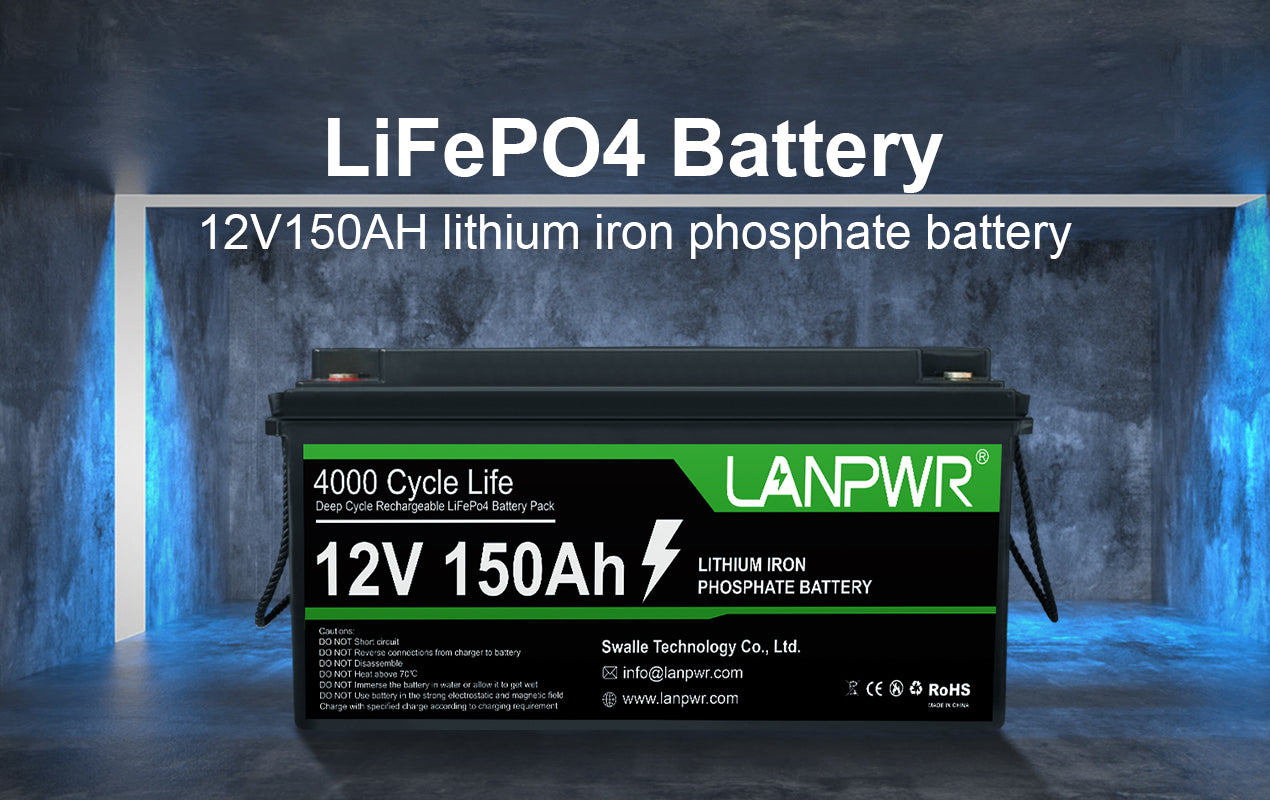


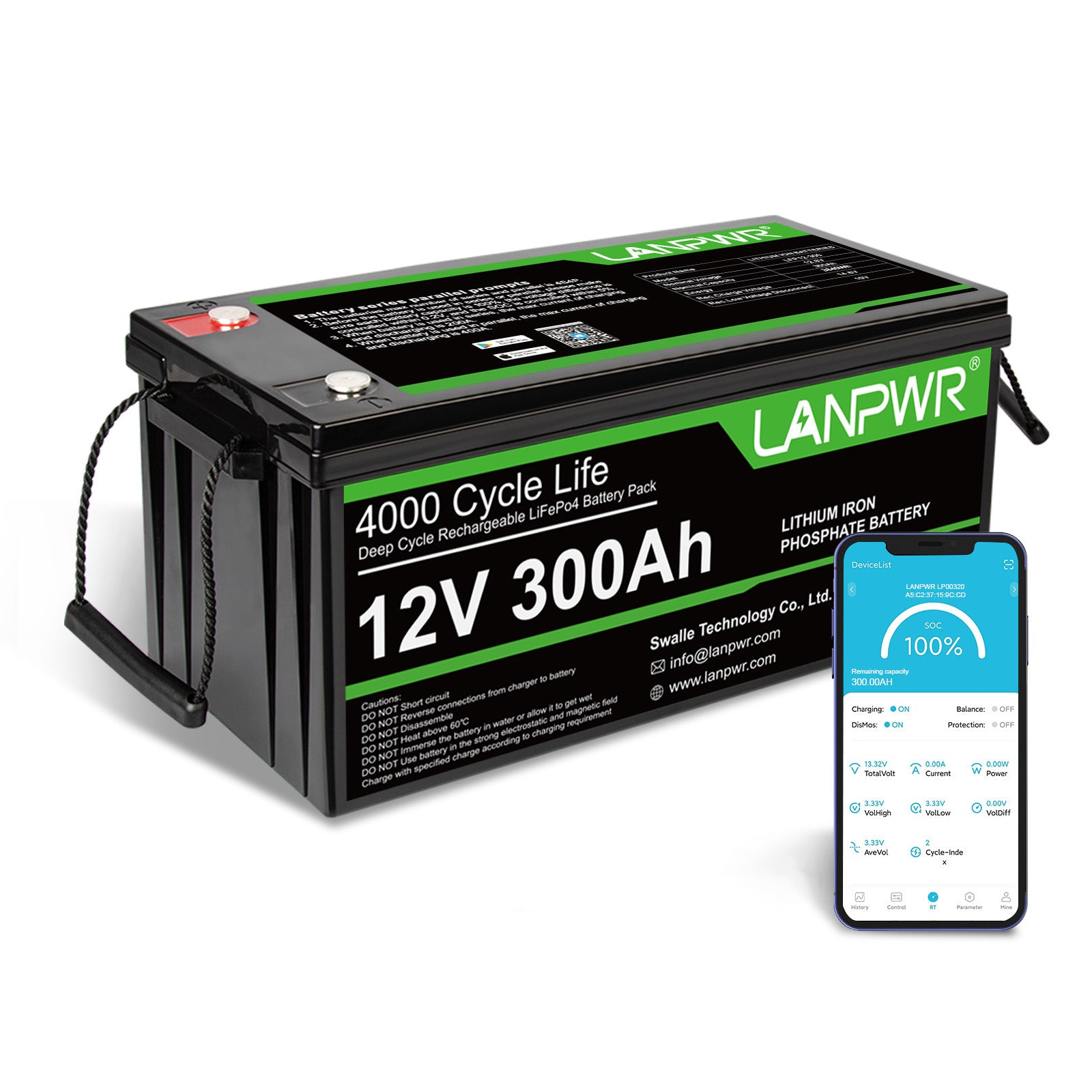

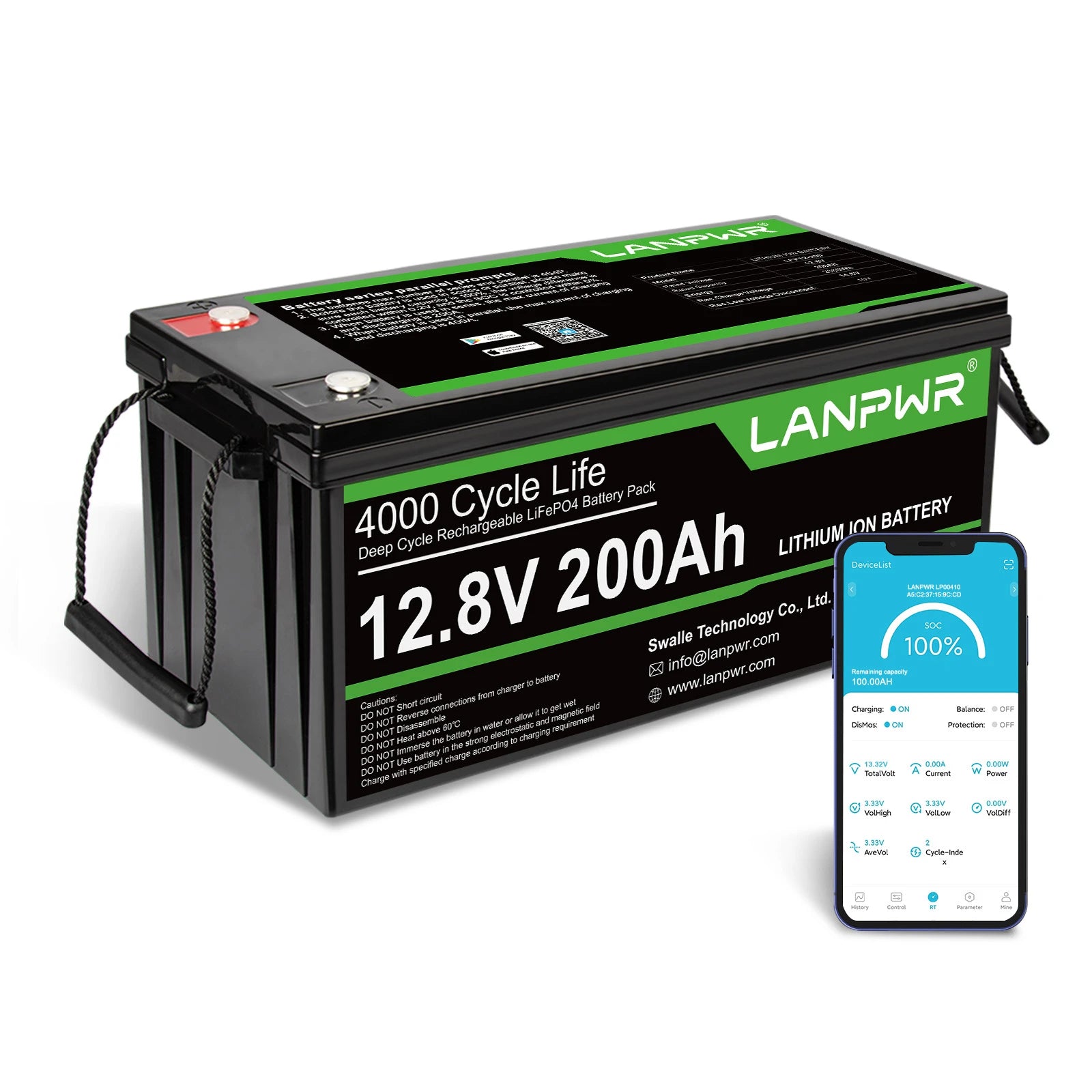

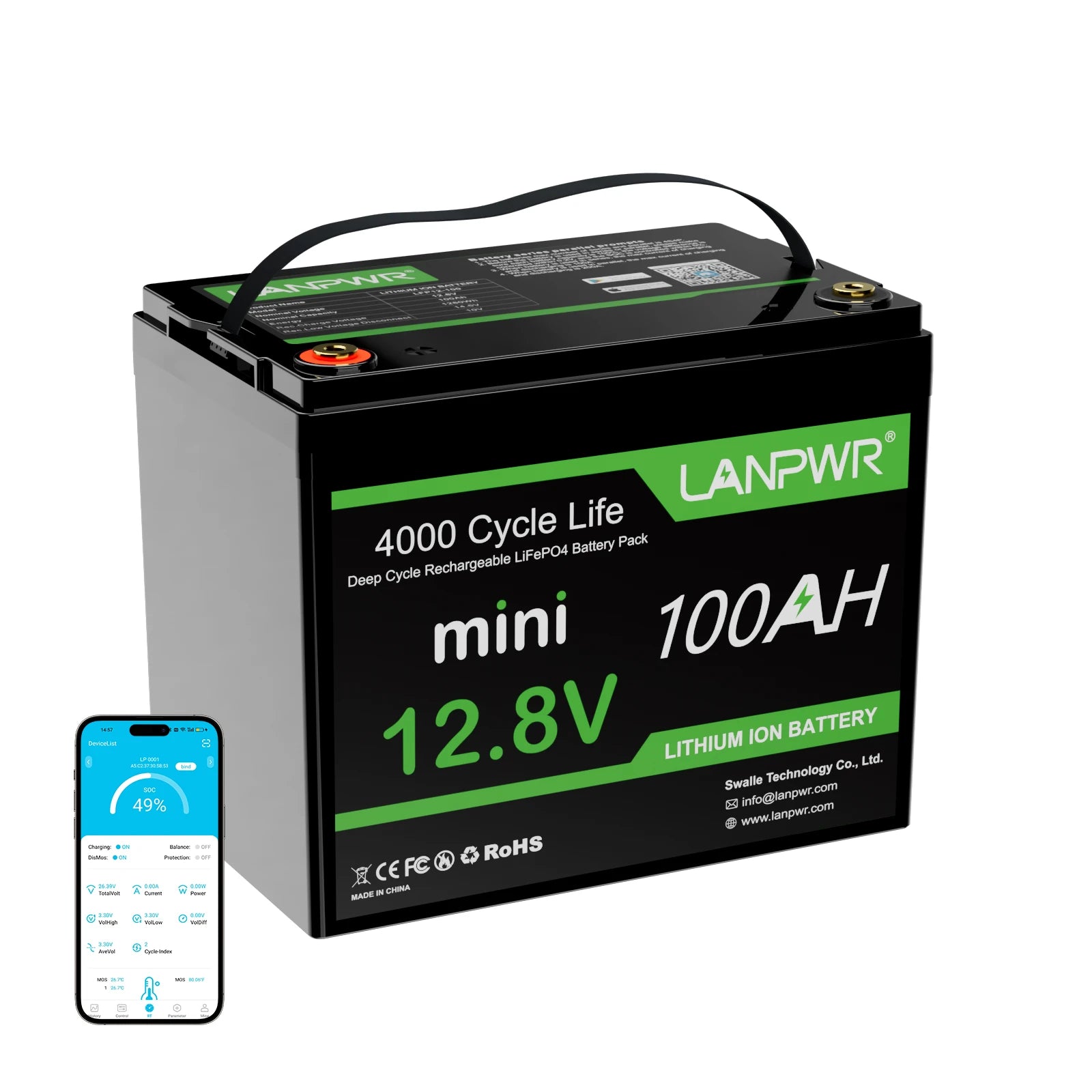

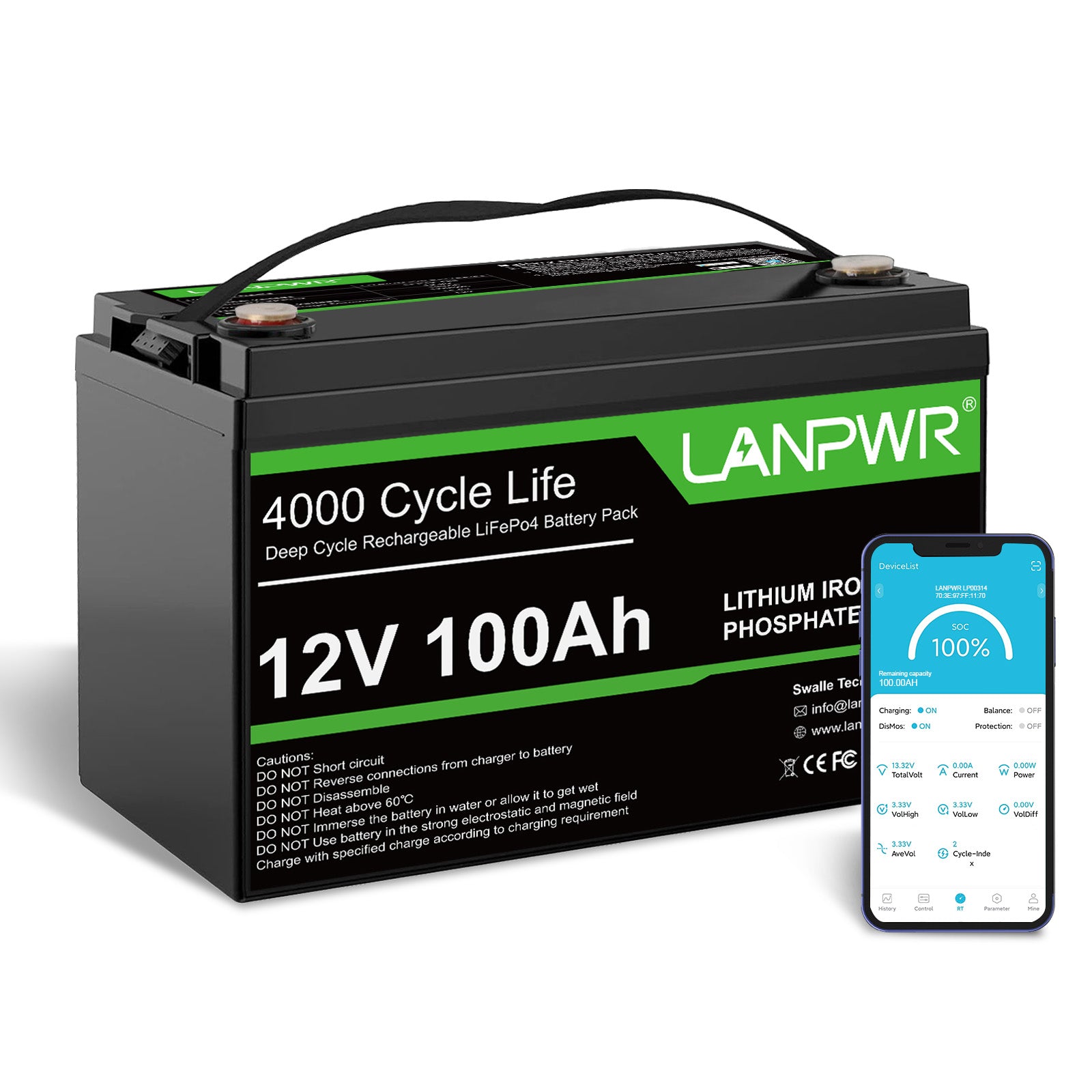

Leave a comment
This site is protected by hCaptcha and the hCaptcha Privacy Policy and Terms of Service apply.